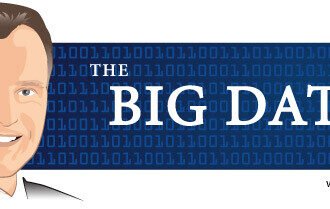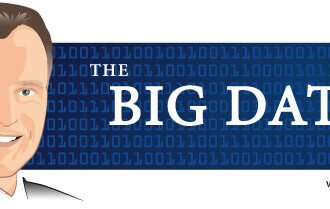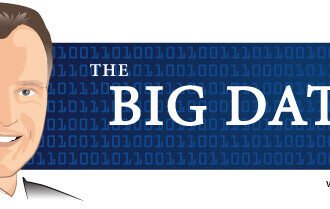
It used to be said that employers made up their minds whether or not to hire a prospective candidate within 5 minutes of sitting down to interview them.
It’s hard to say if this is true or not, but many people in positions with responsibility for hiring would probably admit that they had made appointments based on a “gut feeling” – simply whether or not they felt the person was the right fit for the vacancy.

It used to be said that employers made up their minds whether or not to hire a prospective candidate within 5 minutes of sitting down to interview them.
It’s hard to say if this is true or not, but many people in positions with responsibility for hiring would probably admit that they had made appointments based on a “gut feeling” – simply whether or not they felt the person was the right fit for the vacancy.
Well, all that is changing. Taking on a new employee represents a huge investment for most companies, particularly in a managerial or professional role. A large proportion (40% to 60% by most estimates) of a company’s revenue goes on staff salaries. So in an age where everything can be measured, quantified and analyzed, it makes sense to put a bit more planning and strategic thought into the recruitment process.
Those hoping to rely on the “old school tie network” may be out of luck. Analysts Gartner compiled a study for a US financial services company which examined the performance of employees during their first two years with the business. What they found was that while all the best performers had finished school and gone on to get degrees, their individual grades – and particular school or college they attended – did not correlate with success or failure.
The company went on to implement entirely new screening processes which gave no weight to the ranking of the college attended by a candidate, or their grades, and instead favored those who had completed any college course, and gone on to demonstrate success in a job. They increased their revenues by $4 million in six months.
Another often-cited example is that of office equipment manufacturer Xerox. An analytics firm was asked to monitor staff performance and then come up with a profile of an ideal candidate for its call centres. Among the surprising findings was that previous call centre experience was no indicator of success, and that candidates with criminal records often performed better than those without. Their experiment let to a reduction in staff turnover of 20%.
Employers in every industry are turning to data, and tools such as Cornerstone and TalentBin which allow them to crunch data in more ways than ever to find the right candidate for the right position. Some have taken it even further – for example hotel chain Marriott created their own Farmville-style game, which simulated the running of a hotel, to test the abilities of potential candidates. The experiment was reportedly not a huge success – due to the game itself being rather boring – but it demonstrates new ways of thinking that companies are willing to put into recruitment.
Online recruitment services (which include networks like LinkedIn) have been around for a while now, so have already provided us with a great deal of data. For example it’s very simple to find out what the average spend, in terms of time and salary, will be to hire an IT technician with 5 years’ on the job experience, in a particular part of the world, making it far easier to plan ahead and prioritize.
If you’re on the other side of the fence – trying to find a job for yourself, rather than someone to do a job for you – the implications are just as vast. Everything we do online (and increasingly in the real world, thanks to mobiles and wearables) leaves a digital footprint. Employers long ago got used to carrying out ad hoc Google checks on candidates they are considering hiring, to find out if there were any skeletons in the closet which hadn’t come out during the application or interview processes. These days it goes a lot further than that – and we could find ourselves being rejected based on what we haven’t said, rather than just what we have said. A lively and engaged social media life is often seen as an indicator that a person is sociable and keen on communicating with others. In fact Xerox’s research which I mentioned above also found that the ideal candidate should be active on at least two social networks.
To this end, companies frequently make use of Klout scores which ranks users according to their social influence. Particularly if you are looking for sales or marketing roles, it is a great way to show employers that you can network, make connections, and persuade people that you are worth listening to.
If you’re looking for technical programming jobs rather than marketing, one service you might want to be aware of is Gild. It evaluates millions of software development professionals based on their contributions to public and open source communities as well as their work history. While it’s only used by people looking to hire programmers, expect similar services to crop up covering other fields in the near future.
As it is in many other areas of business, Big Data is helping to take the guess work out of recruitment. Rather than relying on the famous “gut feeling”, those taking a more scientific approach to appointing staff are finding it leads to more suitable people who stay happy and on the job for longer. Just as importantly, candidates hopefully will no longer have to hope that they won’t be overlooked because the interviewer doesn’t like the tie they are wearing, or because they went to the wrong school.
As always, thank you very much for reading my posts. You might also be interested in my new book: Big Data: Using Smart Big Data, Analytics and Metrics To Make Better Decisions and Improve Performance You can read a free sample chapter here.











